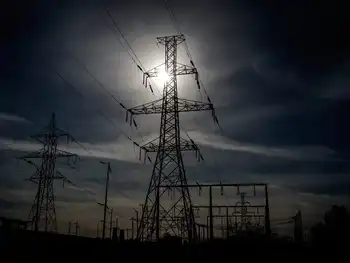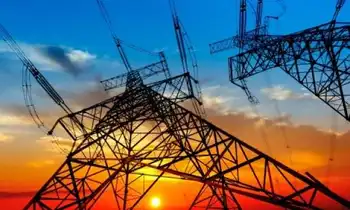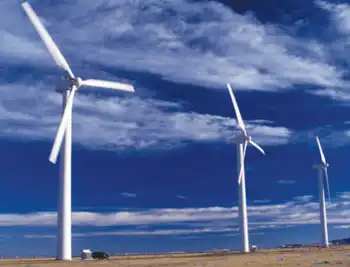Earth Hour is more about awareness: IESO
By CTV News
NFPA 70e Training
Our customized live online or in‑person group training can be delivered to your staff at your location.

- Live Online
- 6 hours Instructor-led
- Group Training Available
Ontario saw a fourpercent drop in electricity demand Saturday night during Earth Hour, or enough to power a city the size of Brampton, Ontarios electricity system operator said Sunday.
The 560megawatt decline represented a fourpercent decrease — less than the six per cent seen in 2009 and five per cent in 2008.
In British Columbia, BC Hydro said the provinces electricity load dropped by 1.04 per cent between 8:30 and 9:30 p.m.
The drop in B.C. amounted to 64.6 megawatt hours of electricity.
Thats less than the 1.1 per cent reduction in 2009 and twopercent reduction in 2008 in British Columbia.
Terry Young, with the Independent Electricity System Operator in Ontario, said the numbers may seem like a drop in the bucket but its further evidence that energy consumption in the province is generally on the decline.
Earth Hour... isnt something that obviously were looking to see make a major impact in terms of electricity demand. What it is, is more of an awareness, he said.
People were turning off their lights and stopped using as much electricity, and we could notice that. Any time we can notice something like that on a provincial scale then it does have some sort of an impact.
The weaker numbers more likely reflect the weather than a waning interest, Young said. The temperatures in Ontario were much cooler this year than during Earth Hour last year, so even though lights were shut off, heaters were running, he said.
Last summer — the other time of year when electricity consumption makes headlines — hourly peak demand only rose above 24,000 megawatts four times, Young said.
Compare that with 2006, when Ontario broke its hourly peak demand record at the end of a heat wave, with demand exceeding 27,000 megawatts.
While that difference can partly be attributed to a cooler Ontario summer in 2009, conservation programs are making a difference, Young said.
Demand today is not where it was five or six years ago, he said.
Canadians joined people in more than 120 countries around the world who flicked off lights at home between 8:30 and 9:30 p.m., attended events illuminated by candlelight or watched iconic landmarks fall dark.
Premier Dalton McGuinty said he spent Earth Hour at home, playing poker with his son Connor and wife Terri.
I wiped up, he said.
We shut everything down. Its kind of an interesting thing. We put on some candles and we played cards. So its kind of oldfashioned, its kind of fun. This is what they used to do, I guess.
The World Wildlife Fund, which started Earth Hour in 2007 in Sydney, Australia, said more than 300 Canadian cities and municipalities had pledged to take part.











